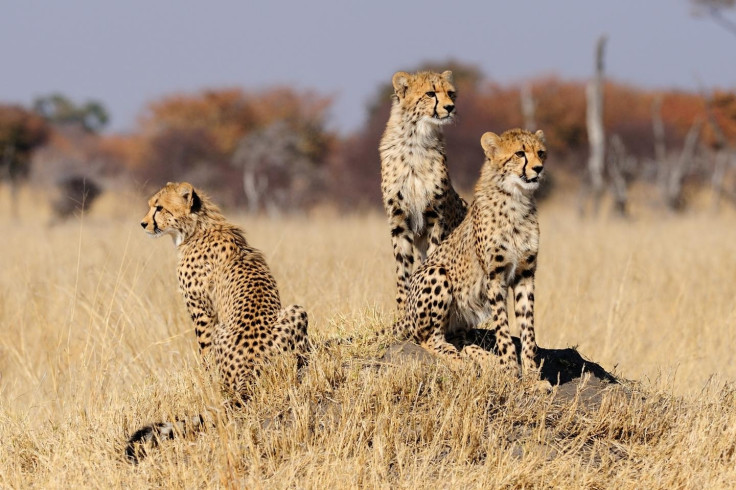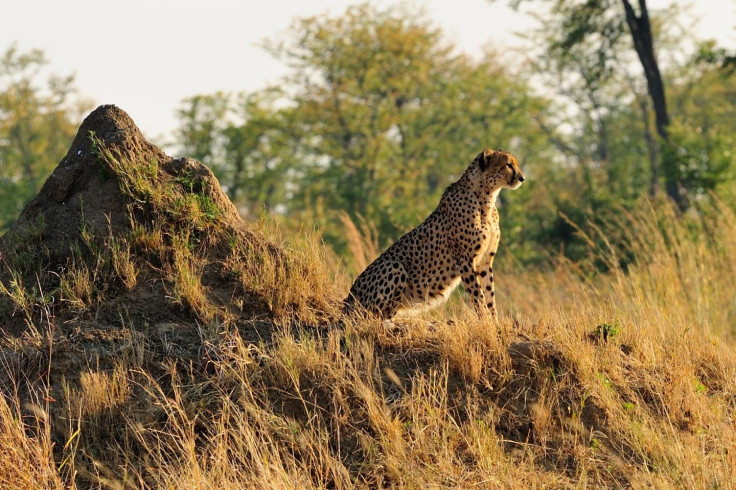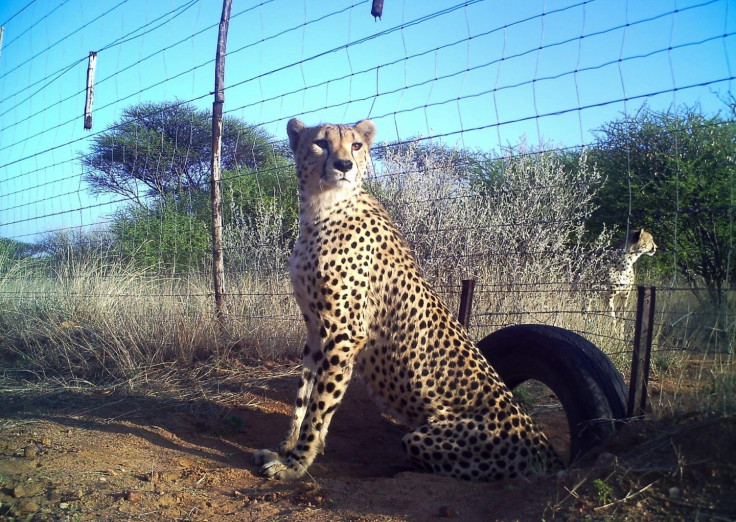Time running out for cheetahs as scientists fear for future of world's fastest land animal
A new review of cheetah populations in southern Africa suggests there are far fewer of the animals than previously thought.

A new review of cheetah populations has revealed the dire state one of the planet's most iconic big cats and the world's fastest land animal that can reach speeds of 70mph, prompting calls by scientists to place the species on the International Union for Conservation of Nature's (IUCN) Red List of 'Endangered' species.
An international team of researchers argue that low cheetah population estimates in southern Africa and population decline warrant a downgrade from its present 'Vulnerable' status.
For the study, published in the journal PeerJ, researchers analysed cheetah numbers over six years in an 800,000 square kilometre region that stretches across Namibia, Botswana, South Africa.
"This is the area with the largest population of free-ranging cheetahs left on Earth. Knowing how many cheetahs there are and where they occur is crucial for developing suitable conservation management plans for the species," said Varsha Vijay from Duke University.
They found that only 3,577 adult cheetahs lived in the vast region, which is larger than France, while 55% of individual animals were found in just two habitats. These estimates are 11% lower than the IUCN's current assessment.
"This collaborative, multiyear effort sounds the alarm about the state of cheetah populations in southern Africa, shining a light on the imperative need to protect these majestic predators," said Gary E. Knell, President and CEO of the National Geographic Society, who supported the research.

The study also estimated the number of cheetahs in areas where it is possible for the animals to live but there had been no confirmed sightings.
"To better understand this rare and elusive species, we need to complement the monitoring of confirmed populations with the investigation of possible cheetah habitat," said Vijay.
Furthermore, the research found that only around 18% of the cheetah's range is within internationally recognized protected areas. The majority of the animals roam across private land that is mostly used for livestock and game production.
Some farmers who share land with cheetahs actively persecute them, which can lead to population declines, according to the study.

"The future of the cheetah relies heavily on working with farmers who host these big cats on their lands, bearing the heaviest cost of coexistence," said Florian Weise from the Claws Conservancy.
By listing the cheetah as 'Endangered', more awareness would be created about its precarious situation, opening up more avenues for funding that could go towards conservation and population monitoring efforts, the researchers say.





















